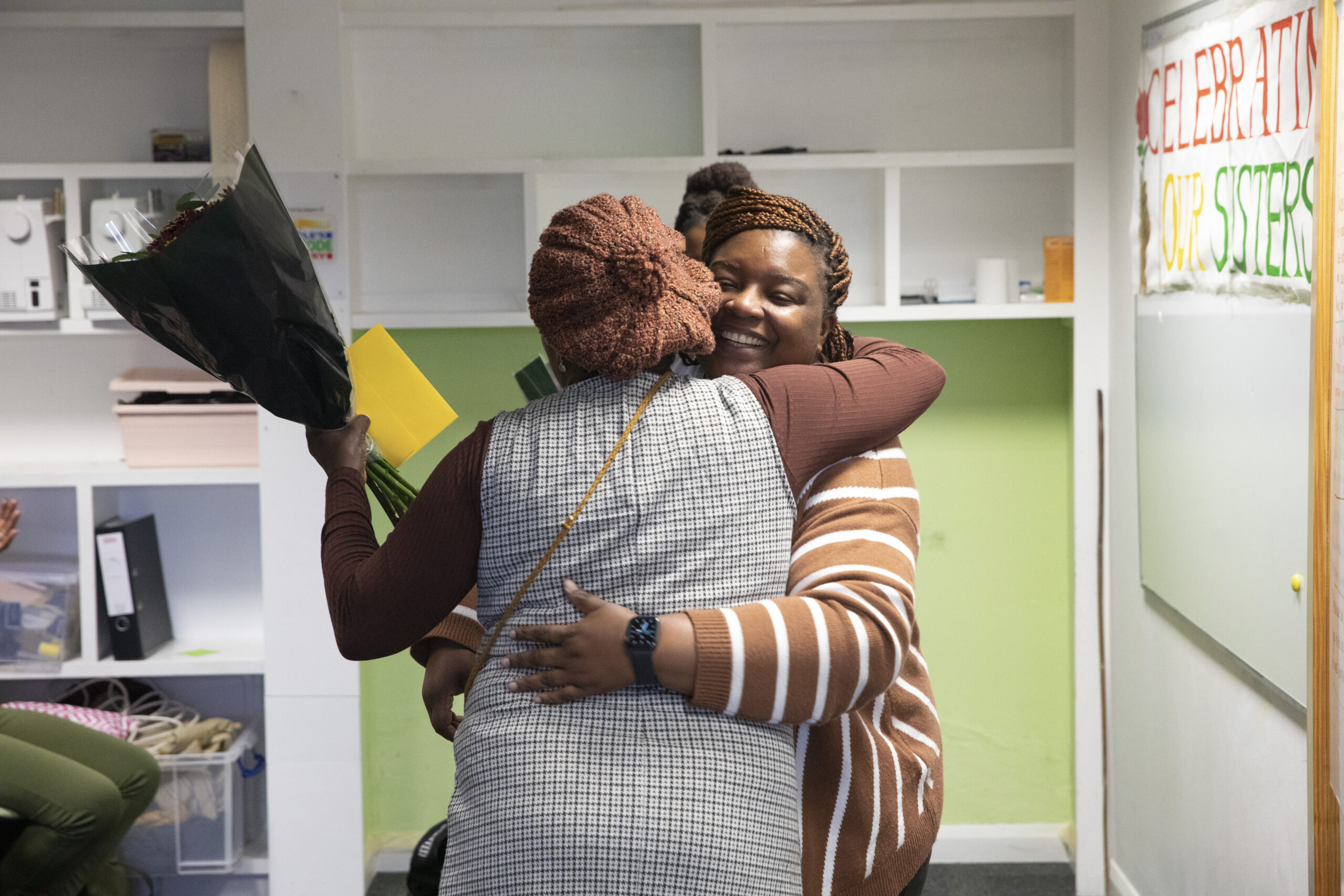Her Story of the NRM – Podcast Series
Trust for London generously supported a transformative project focused on empowering female survivors of trafficking. Through this initiative, we have created a powerful and compelling podcast that amplifies the voices of these remarkable women, allowing them to share their experiences within the National Referral Mechanism (NRM).
Our podcast delves into the real-life stories of survivors, shedding light on their journey within the NRM system. By doing so, we aim to not only raise awareness but also bring about positive change by identifying and addressing the challenges these survivors encounter on their path to recovery.
At Hibiscus, working on anti-trafficking is a core part of our commitment and strategy. The podcast serves as a testament to the immense strength and resilience of these women as they navigate through the NRM process. We extend our heartfelt gratitude to these courageous women for their openness and willingness to share their stories.
Our goal is to make their voices heard far and wide, leading to meaningful systemic changes that can improve the NRM process for all survivors. Together, with Trust for London’s support and our collaborative efforts, we strive to create a more compassionate and effective support system for those affected by trafficking
Key Themes:
- Trafficking and Modern Slavery
- Mental Health
- Women experiencing Gender-based Violence (GBV) and Violence Against Women and Girls (VAWG)
- Destitution and homelessness due to No Recourse to Public Funds (NRPF)
- Motherhood and Parenthood
- Women in the criminal justice system
Some Key challenges experienced by potential female victims of trafficking and minoritised women in the CJS
- The podcast brought attention to critical issues within the NRM process, revealing the lack of available information for survivors and their disorientation during the process. It emphasised the necessity of providing information in survivors’ native languages to make the NRM more accessible. Empowering and providing survivors with knowledge about their rights and the process is crucial, as the current system feels like a confusing maze.
- Solicitors and government bodies need specialised and standardised training to better assist survivors. Inadequate advice from solicitors can further contribute to confusion and distress.
- Mental health support for those in the NRM is severely lacking, leading to survivors giving ‘inconsistent’ testimonies due to issues like memory loss, post-traumatic stress disorder (PTSD), and depression. Addressing mental health is crucial, and we can play a role in destigmatising it by encouraging group therapy and talking therapy.
- The NRM is often framed as a solution to the issue of modern slavery, but the process itself can be problematic and traumatising. Survivors should be given the opportunity to share their stories freely before engaging with the NRM and HO, allowing them to offload their experiences.








